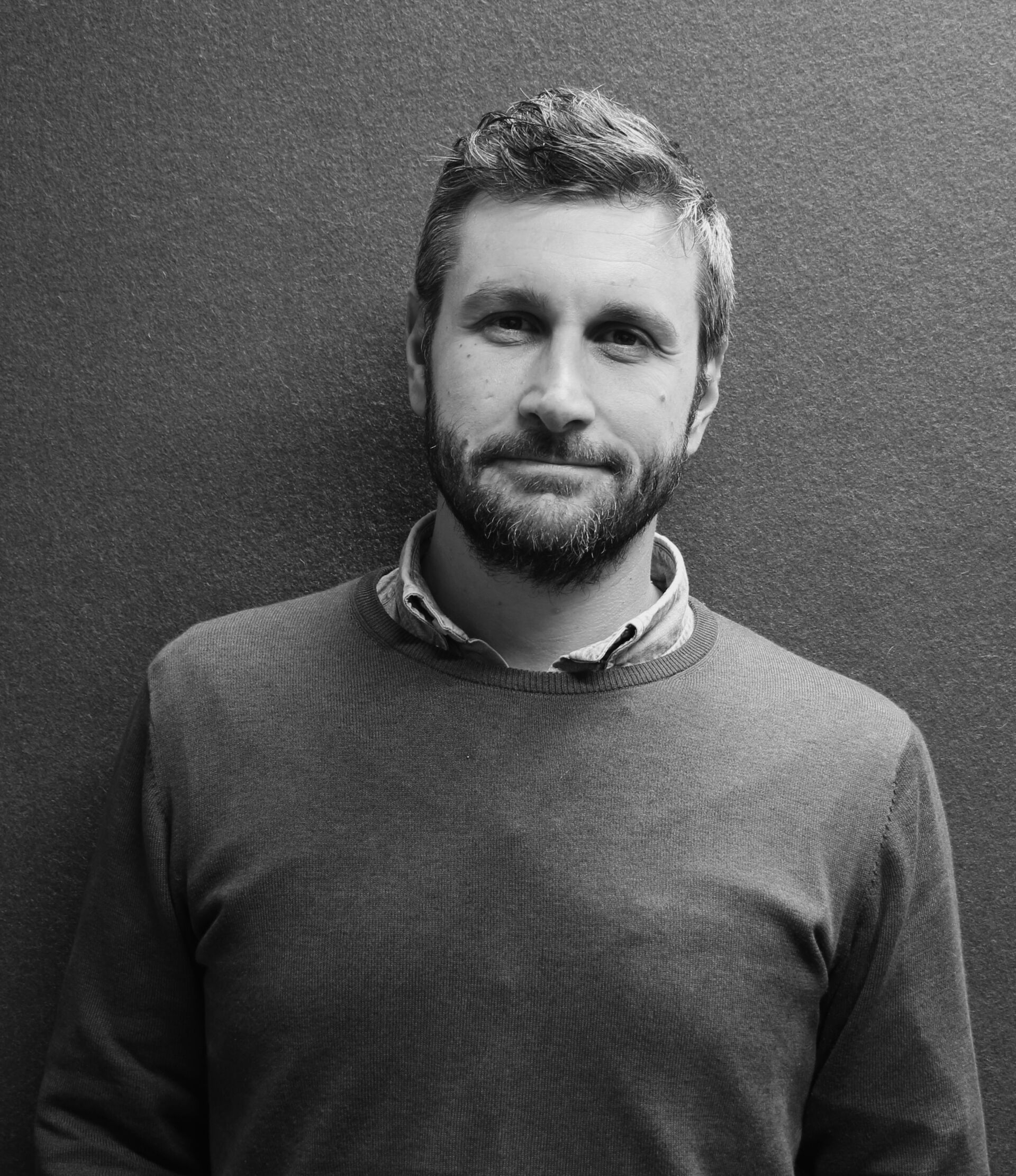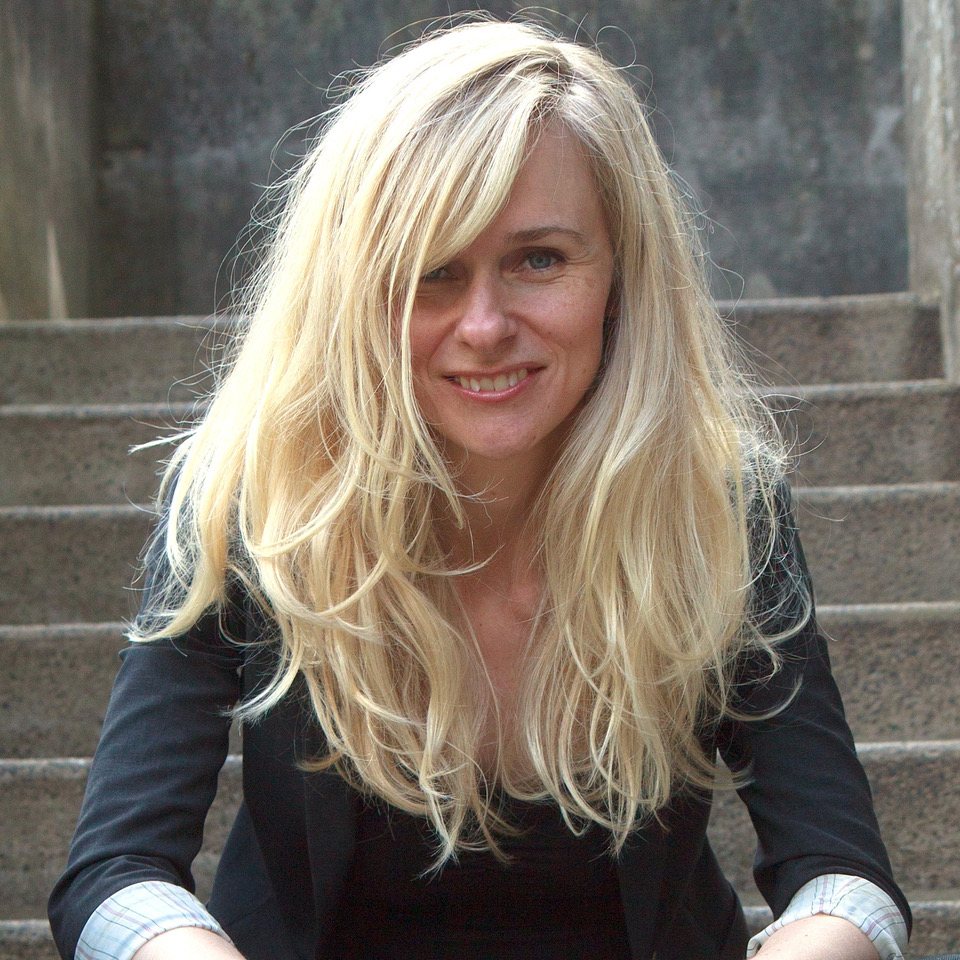It has long been established that archives, and the databases and ontologies that underlie them, are deeply political and value-laden. These systems foster power imbalances and, to quote Hughes-Watkins (2018), are “complicit in continuing to uphold oppressive and unequal systems” via their selective approach to knowledge classification and standardisation. Within the archaeological, heritage and arts sectors, Canning (2019) and Boast and Biehl (2011) are amongst those to articulate the genesis of the problems, including our reliance on controlled vocabularies and ontologies which aim to narrow and singularise content using standards set in the colonial era, as well as a lack of opportunity to genuinely manipulate primary records, and to have those manipulations permanently layered into the metadata of the archives. We would contend that these issues are more relevant than ever in a heritage context, as a wide variety of practitioners (in the field, in the museum sector and within the academy) face the challenge of redefining the fundamental value of cultural heritage, and articulating and disseminating their research narratives to be relevant, inclusive and representative of the wider world.
In this course, we ask, how do our ‘traditional’ ontologies and epistemologies hard-bake structural fault lines (often tied to the intersection of complex gender roles or marginalised groups or socio-economic hierarchies) into the very creation of our knowledge of the past? How do we acknowledge our positionality as a discipline and allow for true diversity in the archives we construct about the past? Can digital technologies help us to do this, or are they inevitably part of the problem?
Today, digital media should give us the means to step away from pre-created ontologies to, as Srinivasan puts it, enable “users to create and share metadata according to their own local experiences and Interpretations”. Yet we still tend to strive for a single common standard that ironically obliterates the diversity of the very knowledge traditions—the local ontologies—that we wish to archive. This course aims to extend these debates around the weaknesses and possibilities of the archive (digital and analogue) by exploring emerging efforts to reconfigure archival practice.
Course Work
The course will consist of both seminars and lectures. Before the course starts, each PhD student will prepare a paper for pre-circulation, addressing her or his research project in relation to the course theme. In the course seminars, each paper will be allotted ca. 45 minutes, beginning with the student presenting a 15-minute summary of its contents. One of the other PhD students will be selected in advance as a discussant and comment for about 10 minutes, after which she or he will then chair an open discussion on the paper for approximately 20 minutes.
The participating lecturers will each give a lecture during the course, as well as participating as prime movers in the discussion of PhD presentations. The lectures will give a theoretical background to the topic as well as examples from various fields and areas of expertise. The aim is to foster critical awareness amongst students of the formation of the material they use in their own PhD projects and encourage them to question historical and seemingly axiomatic metadata categories. Through discussions, presentations and site visits, we are keen to engage with the concept of the archive from new, reflective and self-critical perspectives and to explore the possibilities of the digital format to expand and destabilise our understanding of what archives are and can be. The seminar days will be structured with adequate time for spin-off debates and networking opportunities in mind.
Lecturers
Åsa Berggren Nicolo Dell’Unto James Taylor Sara Perry




Photo credit for the photo of Sara Perry: Rachel Saunders.
Dr. Åsa Berggren (Lund University and Sydsvensk arkeologi, Malmö)
Ass. Prof. Nicolo Dell’Unto (Lund University and Museum of Cultural History, University of Oslo)
Dr. James Taylor (University of York)
Dr. Sara Perry (Museum of London Archaeology)
Credits
1 month or 7 ECTS
Location, Travel and Costs
The Graduate School will finance and arrange travel and accommodation, and supply a daily allowance during the seminar for all participating PhD students who are part of the Dialogues With the Past Network. Two and two PhD students will be accomodated in twin rooms.
Registration
The Graduate school invites all registered PhD students to apply for participation. Please follow this link to apply for the course (in English only). From these applications, c. 15 PhD students will be admitted to the course.
For more information please contact: oliver.reiersen@iakh.uio.no
Important Dates
Application for participation: July 2, 2021. Confirmation on your participation will be sent out shortly after this date.
Submission of working papers (10 pages, Times New Roman 12, Spacing 1,5): October 11, 2021
